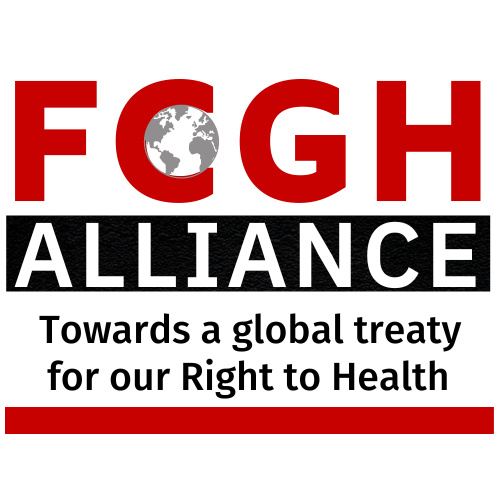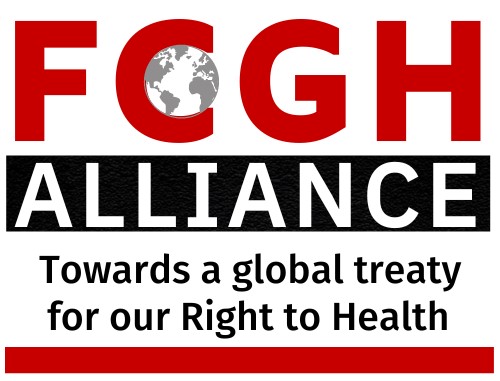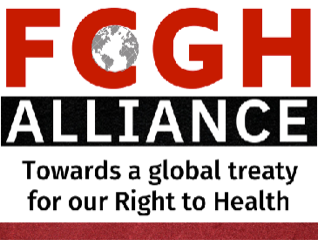About Us
Who We Are
The FCGH Alliance is a Geneva-based, ECOSOC-recognized NGO comprised of individuals
and organizations committed to advocating for the Framework Convention on Global Health
(FCGH)—a proposed international treaty based on the right to health. Together, we work at
the local, national, regional and global levels to make the right to health a reality for all.
Our Mission
To achieve a binding global treaty that ensures the right to health for every person,
everywhere, grounded in equity, accountability, and participatory governance.
Key Principles
- Accountability and capacity to fulfil the right to health
- Universal access to quality health services without discrimination or impoverishment
- Equity beyond borders—advancing health through multisectoral and global cooperation
Why a Framework Convention on Global Health?
Despite international commitments, health inequalities are growing. The FCGH would:
- Establish clear, enforceable standards for implementing the right to health
- Mandate inclusive governance and civic participation in health decision-making
- Strengthen legal tools to align global and national laws with human rights obligations
- Empower ministries, CSOs, and individuals to advocate for and monitor health justice
- Advance intergenerational equity through long-term accountability mechanisms
- Our key message: a more equitable world is possible, with health justice at its core.
Downloadable One-Page Brief: (AR, EN, FR)
Background
On December 10, 2017 — Human Rights Day — organizations and individuals supporting the FCGH established the Framework Convention on Global Health (FCGH) Alliance, a Geneva-based NGO formed under the Swiss civil code, to advocate for and ensure inclusive participation in the process of developing the FCGH. With growing numbers of supporters, from people who have experienced debilitating health conditions to national and global civil society organizations and global health luminaries, with deepening engagement with WHO, and with growing potential for state support, it was time to move from a loose coalition to a legally recognized NGO.
The goal of the FCGH Alliance is to secure the FCGH. The FCGH Alliance aims for broad engagement. We will seek individuals and organizations around the world to become members and partner in the Alliance’s efforts. We will especially aim to ensure the participation of civil society and community-based organizations. The FCGH must, above all, be a treaty that speaks to the needs, meets the expectations of, secures their right to health of the people who suffer most from health inequities.
Structure
Read the FCGH Alliance Articles of Association
The supreme authority of the FCGH Alliance rests with its General Assembly, comprised of all Alliance members. The day-to-day governing functions and decision-making of the Alliance is delegated to an Executive Committee, whose members and officers are elected by the General Assembly.
Executive Committee members come from all over the world and from many walks of life. The Alliance has committed itself to an Executive Committee that is geographically diverse and, critically, includes people from marginalized communities and with life-threatening disabilities or diseases. The Alliance endeavors to incorporate into its governance and overall operations the right to heath demand of people’s participation, most urgently of people from marginalized communities whose realities are furthest from those promised by the right to health.
In addition to the Executive Committee, an Advisory Committee provides strategic support to the Alliance. The Advisory Committee does not have a formal decision-making role.
Executive Committee

Ruth Mabry (Oman), Chair
Ruth Mabry is a public health expert with more than 25 years of experience in the Eastern Mediterranean Region with the public sector and international agencies, including the World Health Organization. Her commitment to making a difference in people’s lives is best demonstrated through her practical public health experience in strategic planning and health diplomacy, behavioral epidemiology and chronic disease prevention, health system development and health promotion. She hopes that by addressing health equity through improving global health governance she can contribute to making the world a better place for all people everywhere.
Vice Chair, Organization and Development (Open)
Treasurer (Open)

Gonzalo Hünicken (Argentina), Secretary
Gonzalo Hünicken is a lawyer and international relations specialist. He is an active member of Fundeps, an NGO that advocates for health and human rights in Argentina. He has worked at Argentina’s National Ministry of Health, developing public policy and regulatory frameworks for digital health. Gonzalo was an intern at the O’Neill Institute for National and Global Health Law at the Georgetown University Law Center. He has done research on International Public Law, Environmental Law, and Human Rights Law. He decided to join the FCGH Alliance because he believes that in order to make health for all a reality we have to strengthen the global health architecture, and a global treaty on the right to health is an excellent means to achieve that.
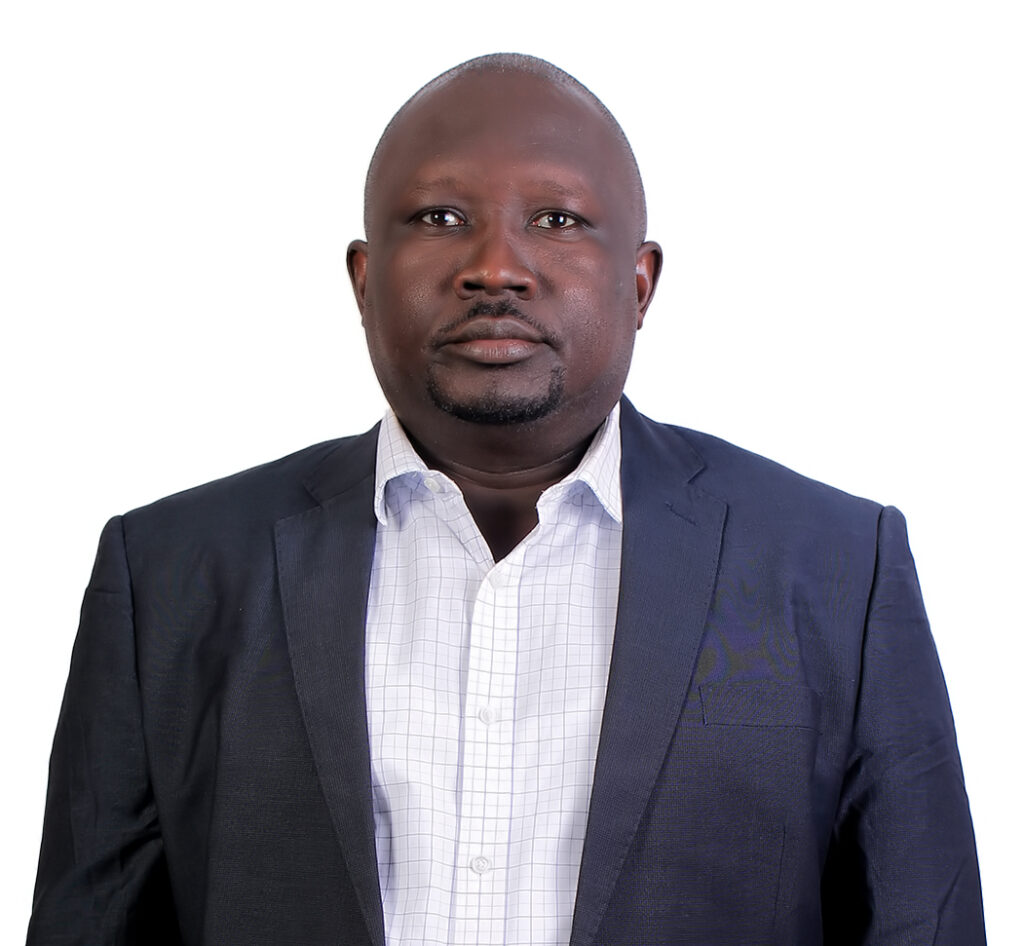
Richard Obedi (Uganda), Development Coordinator
Richard Obedi is a Governance & Development Specialist. He works as the Executive Director of The Populace Foundation International (TPFI); a policy research and advocacy Civil Society Organization (CSO) that envisions a society where humanity, social justice and human rights are all respected in the development processes. Mr. Obedi is a multidisciplinary governance, development and humanitarian activist with over 15 years’ experience in the field. He is engaged on issues of governance, gender, and human rights
Membership Coordinator (Open)
Advocacy and Communications (Open)
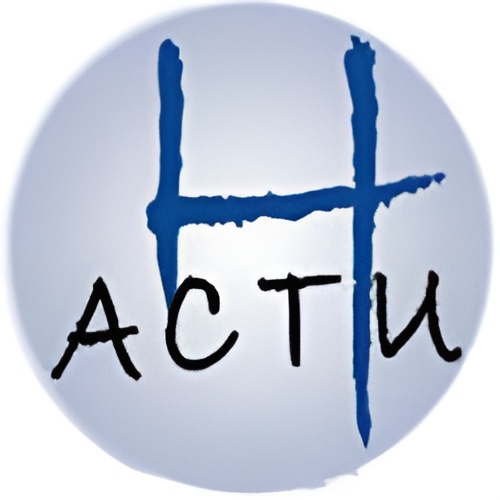
Action for Humane Hospitals (Cameroon), Member
Action for Humane Hospitals (ACTHU) was set up in 2008 against a backdrop of increasing violations of people’s right of access to healthcare in hospitals. ACTHU went out into the media to denounce and make suggestions, then became active with hospital users who were victims of abuse. Since then, this Cameroonian association has been working to improve patient safety and reduce inequalities in access to healthcare services.
ACTHU provides public information and applies political pressure to obtain a growing commitment from the authorities to respect patients’ rights. At the same time, it informs patients about their rights and empowers individuals and communities as actors in their own health. Christian Locka, President, ACTHU, represents the organization on the FCGH Alliance Executive Committee

Oladapo Awosokanre (UK)
Oladapo Awosokanre is the Executive Director of the African Development and Advocacy Centre, AFRIDAC and Advocacy & Communications Officer for the FCGH Alliance Executive Committee. He has extensive experience as an advocate, campaigner, and community mobiliser in the charity sector. He has worked on several high-level projects across different continents managing teams. He exhibits practical skills in leadership, strategic thinking, advocacy, project management, and facilitation.
Oladapo has particularly good understanding of the complex ethno-religious and cultural nuances within the Black and African community. He has a degree in Political Science, master’s in international law and diplomacy, numerous specialist certificates in Community Development, Operational Excellence, Project Management, Coaching, among others. He has been part of a growing global campaign for a proposed Framework Convention on Global Health (FCGH) – a global treaty based in human rights and aimed at national and global health equity since 2015. The framework is focused on all people, wherever they live, to enable easy access to comprehensive universal health coverage in a health system that does not discriminate.

Center for Health, Human Rights and Development -CEHURD (Uganda), Member
The Center for Health, Human Rights and Development (CEHURD) is a non-profit, research and advocacy organization which is pioneering the justiciability of the right to health, founded in 2010. CEHURD has moved from the margins to the centre stage of advancing social justice and health rights in health systems in Uganda, East African Region, Pan-African and Globally. CEHURD contributes to deconstructing health and human rights and uses the law, policy engagements, evidence-based advocacy and mobilizing communities as the major entry points to inform interventions.
Ground-breaking strategic litigation cases have informed jurisprudence and defined greater rights while also being actively engaged in East Africa, Pan Africa and International human rights mechanisms, processes and movements. Seth Nimwesiga represents CEHURD on the FCGH Alliance Executive Committee.

Miguel Correia (Portugal)
Miguel is a researcher at the Department of Education Sciences at the Center for Research and Intervention in Education of the University of Porto. Miguel has been developing research in the area of health citizenship, namely around issues such as human rights, the right to health, and health and citizenship education. Miguel became a member of the FCGH Alliance in order to promote and contribute to the consolidation of the framework convention on global health. From a broad perspective, Miguel seeks to contribute to an effective global realization of the right to health and, consequently, of human rights, where full access to the right to health is a cornerstone for the effective realization of a life with dignity

Health Equity Network of the Americas (Costa Rica), Member
The Health Equity Network of the Americas (HENA) is a multidisciplinary regional platform established in 2017 where different areas of expertise and knowledge in research, teaching, and social action interact with diverse strategic and political visions at a multilevel scale (local, national, regional, and global). The HENA allows the joint and multisectoral construction of ideas with the potential to impact public policy from the Health Equity approach.
The network emphasizes the priorities required to support the countries of the Americas promoting a balanced integration of the dimensions of sustainable development (economic, social, and environmental) in the formulation and implementation of local, national, and international strategies and health policies. Initially, HENA was coordinated from the University of California at Los Angeles (UCLA), USA. In 2020, its Executive Direction and Technical Secretariat moved to the University of Costa Rica (UCR), Center for Research in Nursing and Health Care (CICES). Wendy Lopez Vargas, represents HENA on the FCGH Alliance Executive Committee

O’Neill Institute for National and Global Health Law (USA), Member
The O’Neill Institute for National and Global Health Law at the Georgetown University Law Center recognizes law as a fundamental tool for solving critical health problems in our local, national, and global communities, and seeks innovative legal approaches to advance the public’s health. The O’Neill Institute has been deeply involved in all iterations of the FCGH and efforts to secure it, from the Joint Action and Learning Initiative on National and Global Responsibilities for Health to the Platform for an FCGH through to being a founding member of the FCGH Alliance.
The O’Neill Institute’s ongoing commitment to the FCGH is due to its immense potential to employ international law’s most powerful tool to advance right to health implementation and enhance long-missing accountability for all aspects of the right.
The O’Neill Institute is particularly interested in the treaty’s potential to advance such core right to health principles of equality and non-discrimination, participation, and accountability, and believe deeply in the need for an inclusive, participatory, bottom-up process in developing the FCGH. Eric A. Friedman, the O’Neill Institute’s Global Health Justice Scholar, is the primary Institute representative to the FCGH Alliance Executive Committee, in coordination with Lawrence O. Gostin, the O’Neill Institute’s faculty director.
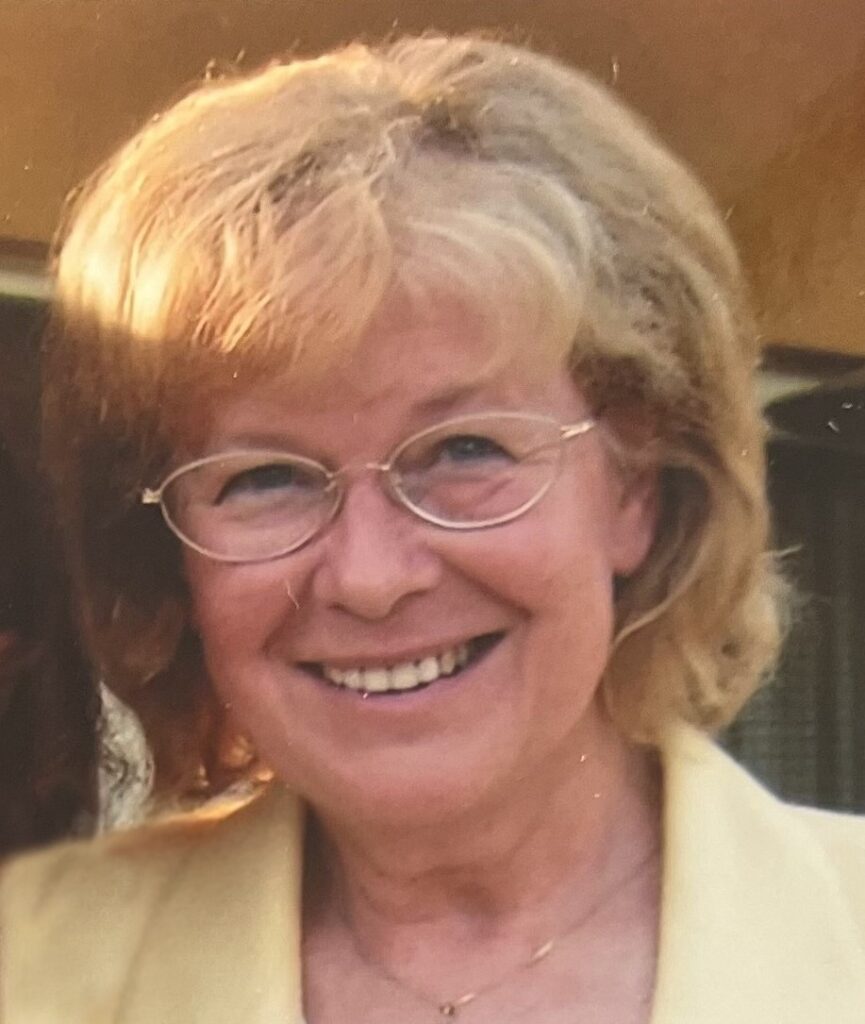
Gabriella Sozanski, Member
Gabriella Sozanski, an economist by profession has over 30 years of experience in international development through working in senior management positions in the international co-operative movement in a multisectoral environment. As a founding member of the Alliance for Health Promotion, a Geneva based NGO she is committed to achieving lasting behavioral changes through empowering people to live a healthier life and building bridges between global commitments and local realities. As a Swiss national and elected member of the municipality she participates also in local governance. Gabriella has been instrumental in registering the Framework Convention on Global Health Alliance in Geneva.
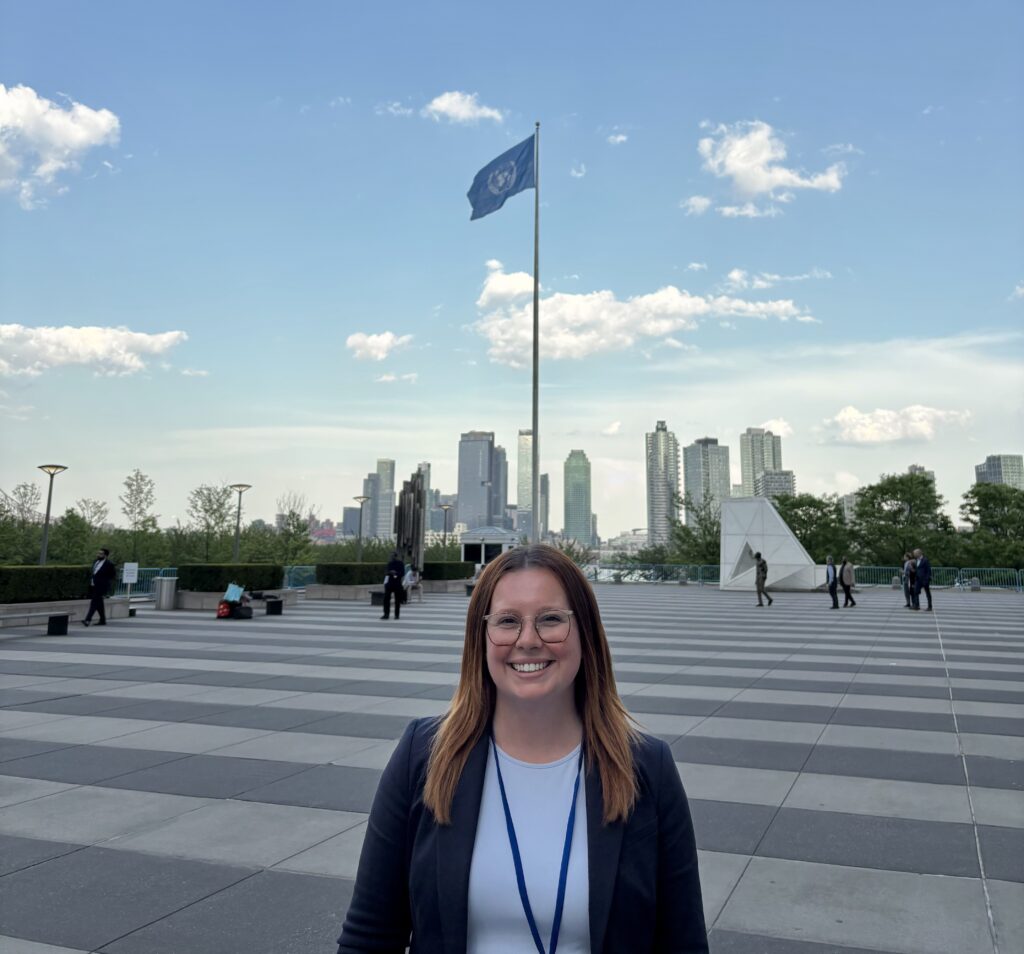
Kyla Young, Member
Kyla is an articling clerk with the Centre for Health Science and Law. She completed a master’s degree in Cellular and Molecular Medicine at the University of Ottawa with a focus on reproductive biology. She then completed the Health Law and Policy specialization at the Schulich School of Law. As former Chair of the Halifax Branch of the Women’s Legal Education and Action Fund, Kyla has a passion for gender equity and striving for change. She decided to join the FCGH Alliance to broaden her understanding of global health and bring a unique scientific-feminist perspective to the table. She hopes to learn from her new colleagues while contributing to health equity in her own way.
